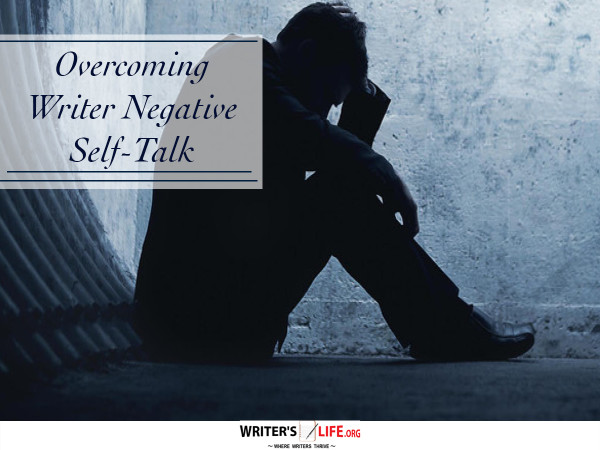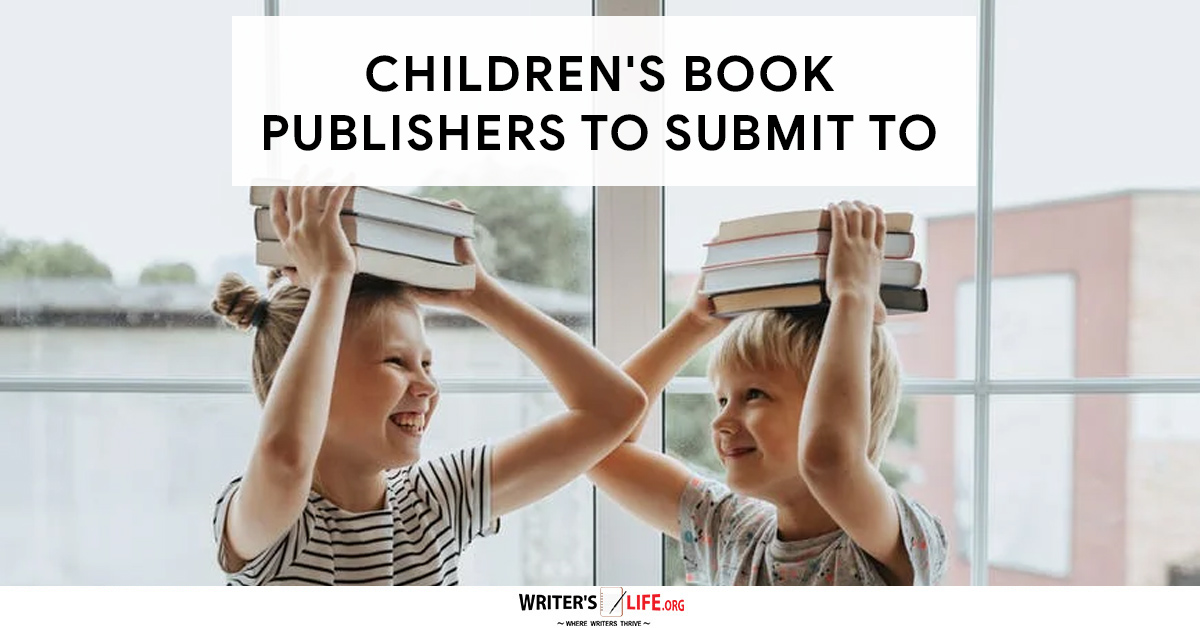- How To Tackle Jealousy In Creative Writing
- Common Submission Mistakes
- How To Stop Your Blog Becoming Boring
- The One Thing Every Successful Writer Has In Common
- How To Make Yourself Aware Of Publishing Scams
- Why Almost ALL Writers Make These Grammar Mistakes At Some Point
- 5 Tips For Authors On How To Deal With Rejection
- Top Mistakes to Avoid When Writing a Novel
- How to Avoid Common New Writer Mistakes
- 10 Mistakes New Fiction Writers Make
Overcoming Writer Negative Self-Talk

Share, Pin or Retweet If You Love Writing!
A Caravaggio painting can take my breath away. A lunar eclipse, when the shadow cuts the light, entrances me.
Consider, though, the dark without the light, the shadow crossing the moon and staying. Many who think and write about the inner creative experience believe that the “shadow” part of the artist’s life is normal. That, specifically, in our writing lives, our anxieties, fears, doubts, need to be welcomed in order to deepen and enrich our characters, stories and plots.
I would agree. In part. Because all feelings, including the negative, “shadow” feelings, pass.
Unless they don’t. What about writers who struggle with the shadow that threatens to control them? What are the options for those writers who feel depleted and distracted by negativity, and for whom all-too-frequent negative thinking diminishes energy, productivity and creativity? What happens, then, to the resilience that is so essential for a writer’s perseverance?
At these times all the statements in the world about how important it is to “stay resilient” can feel like just another failure.
Because “just do it” doesn’t work if you don’t know how.
Do you need intensive advice on how to be a paid freelance writer? Writers Life has come up with a product that can help you realize your career dreams and get paid! You can learn about how to make a living as a writer by taking our How to Make a Living as A Writer Course (CLICK HERE!)
I believe without question that acceptance and welcoming of negative emotion is integral to the creative life, indeed to life itself. Negative emotions flow naturally from experiences like loss, hurt, disappointment. But unnecessary and prolonged negativity – self-doubt, fear, disappointment, jealousy based on irrational thought – diminishes the brain’s capacity to be open, creative, curious and productive.
The heart-heaviness that spews unproductive negative self-talk and even depression is not beneficial to our writing or the quality and meaning of our lives.
Learning how to reduce that negativity and seed more heartfelt positive emotions (not smiley-faced affirmations) into our writing lives increases energy and creativity, and builds and maintains the resilience essential to perseverence. Serious learned and practiced positivity gives greater meaning to our lives in general – and that’s not bad.
You might find The Get It Done, Writer's Toolkit helpful to keep you on track. This is an ebook / audio CD combo set that teaches writers how to overcome writer's block, feeling stalled and procrastination. It also provides tips and resources on how to find more time and inspiration to write, including how to keep yourself on track daily with your writing and self-publishing projects.
The writing life is not only for the naturally resilient, or for those who live the myth of the tortured but persistent artist. Substantial research in the field of Positive Psychology (POSITIVITY, Barbara Fredrickson, Ph.D., Crown Books 2009) provides a growing number of tools to diminish the excess negativity that, rather than enhancing our work, keeps us from it.
We should, by all means, welcome the darkness as natural and normal. But we should also remember how breathtaking, in contrast, is the light.
This post by Carol Grannick was published with the title Letting in the light: Overcoming unproductive negative self-talk about writing at http://writersinnerjourney.com/2013/07/overcoming-unproductive-negative-self-talk-about-your-writing.html





























